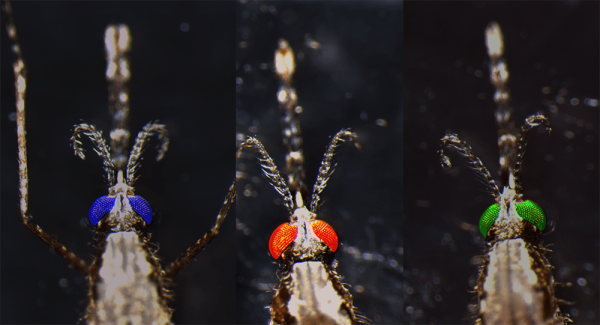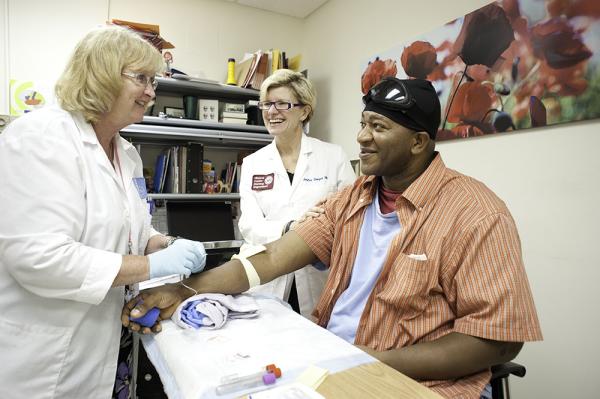Mosquitos With Human Gene Hinder Malaria Transmission
Genetically Modified Insects Could Help Curb Infections
“Scientists create genetically modified mosquitos” sounds like the plot of a bad sci-fi movie, but it’s actually the reality in labs all around the world. Researchers are producing these ‘transgenic’ mosquitos in the hopes that the bugs could help combat the scourge of malaria, and in a recent study, IRP scientists demonstrated that their unique strategy in this realm has strong potential to accomplish that goal.










